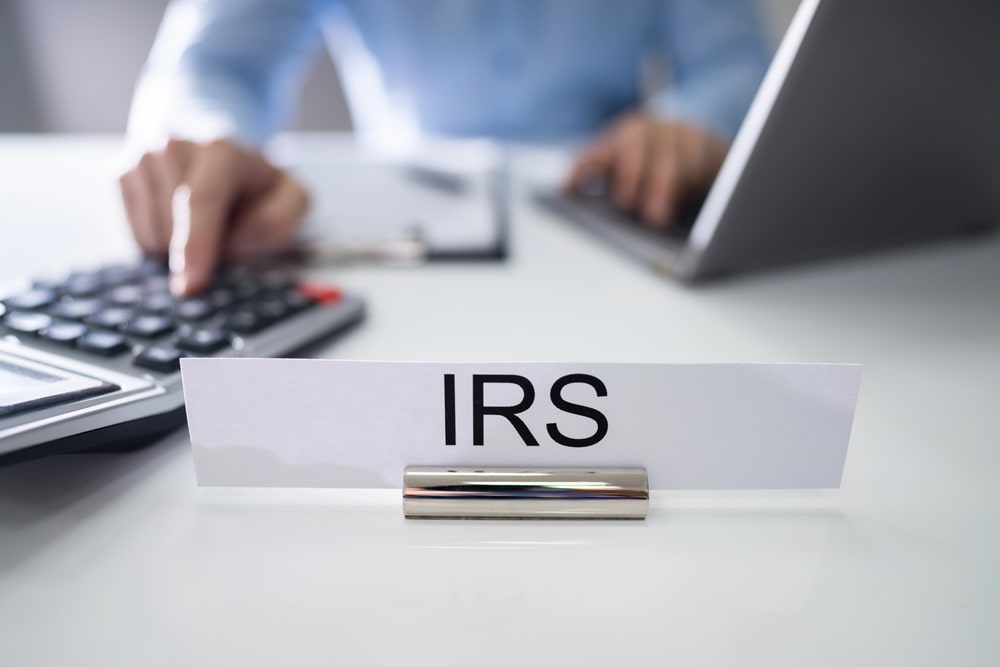Understanding the IRS Safe Harbor Rules for Small Businesses
Peacock & French CPAs
Nov 04, 2025

At Peacock, Ellison & French, CPAs, P.A., we help Florida small business owners take full advantage of these Safe Harbor provisions—so you can stay focused on running your business with confidence.
What Are IRS Safe Harbor Rules?
Think of a Safe Harbor as a clear-cut rule from the IRS that, if followed, helps you stay compliant and avoid penalties. These rules set specific thresholds and simplified methods for deductions and recordkeeping. In many cases, they allow you to skip subjective calculations and instead follow a straightforward approach that the IRS won't challenge.
Below are some of the most commonly used IRS Safe Harbor rules that may apply to your small business.
1. Safe Harbor for Home Office Deduction
If you work from home, you may qualify for the home office deduction. The simplified Safe Harbor method allows you to deduct $5 per square foot of your home used exclusively for business—up to a maximum of 300 square feet (or $1,500).
This is ideal for sole proprietors, consultants, or freelancers who want to avoid tracking utility bills, mortgage interest, and depreciation. Just remember, the space must be used regularly and exclusively for business purposes.
2. De Minimis Safe Harbor Expensing Rule
Small businesses can immediately expense tangible property purchases costing $2,500 or less per invoice or item, rather than capitalizing and depreciating them. For example, you could deduct a $1,200 laptop or a $1,800 office printer in full, in the year of purchase.
To qualify:
- You must have a written accounting policy in place as of the first day of the tax year.
- The policy must consistently treat these items as expenses on your financial records.
This rule helps reduce administrative headaches and encourages cost-effective reinvestment in your business.
3. Safe Harbor for Repairs and Improvements (Real Property)
It can be difficult to know whether a property-related expense should be deducted as a repair or capitalized as an improvement. The Safe Harbor for Small Taxpayers (SHST) helps simplify that decision.
To qualify:
- The building must have an unadjusted basis of $1 million or less
- Annual expenses for repairs, maintenance, and improvements must not exceed $10,000 or 2% of the building's unadjusted basis (whichever is less)
This is particularly useful for small businesses that lease or own commercial real estate. It allows you to deduct many smaller repair and maintenance costs outright.
4. Safe Harbor for Estimated Tax Payments
To avoid IRS penalties, small business owners who make quarterly estimated payments must meet one of these thresholds:
- Pay 100% of your prior year’s total tax liability, or
- Pay 90% of your current year’s expected liability
If your adjusted gross income is over $150,000, you must pay 110% of the previous year’s liability. Failing to meet these thresholds may trigger an underpayment penalty—even if you pay the full amount by April.
Quarterly due dates to remember: April 15, June 15, September 15, and January 15 of the following year.
When and How to Elect Safe Harbor Provisions
Many Safe Harbor provisions don't require separate IRS forms, but some do require specific elections made on your timely filed tax return. For example:
- The SHST election must be included with your return each year
- The de minimis rule requires a written policy in place before the start of the year
Consistent application and clear documentation are essential. Retain invoices, square footage measurements, written policies, and any supporting materials.
Benefits and Limitations
Benefits
- Reduces audit exposure
- Simplifies tax calculations and documentation
- Offers a predictable path for compliance
Limitations
- Must meet IRS thresholds and documentation standards
- May not provide the maximum deduction available under other methods
- Requires consistency in application and recordkeeping
While Safe Harbor rules offer convenience, they aren’t always the most tax-efficient path. That’s why it’s important to work with an experienced CPA who can help you weigh your options.
How Peacock, Ellison & French, CPAs, P.A. Can Help
With more than 80 years of combined experience, our team is equipped to guide you through the IRS Safe Harbor rules and ensure they’re applied appropriately to your unique situation. We don’t sell financial products, which means our advice is completely objective and tailored to your needs—not someone else's agenda.
Whether you're managing a service-based company, operating from a home office, or maintaining a commercial property in Florida, we’ll help you make informed decisions that reduce your tax risk and simplify your process.
For clients in Venice, Florida and beyond, we offer year-round support to help you stay compliant, save time, and focus on growth.
Let’s Clarify Your Safe Harbor Options
Understanding and using IRS Safe Harbor rules could save you time, money, and unnecessary stress. If you’re unsure whether you qualify—or want to make sure you're taking full advantage—reach out today to schedule a consultation.
We’re located at 1314 East Venice Ave, Suite C, Venice, Florida, and we’re ready to help you simplify compliance and protect your bottom line with strategic, personalized guidance.